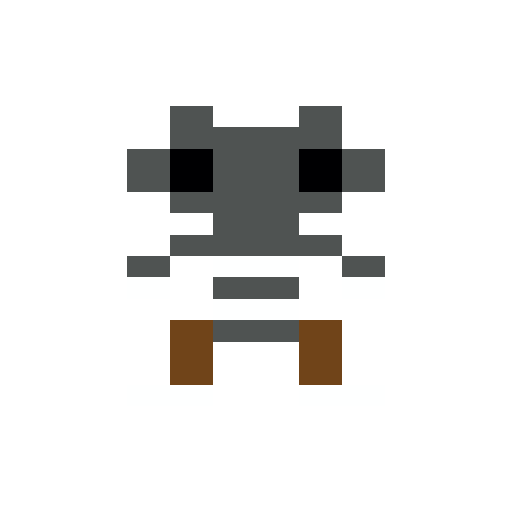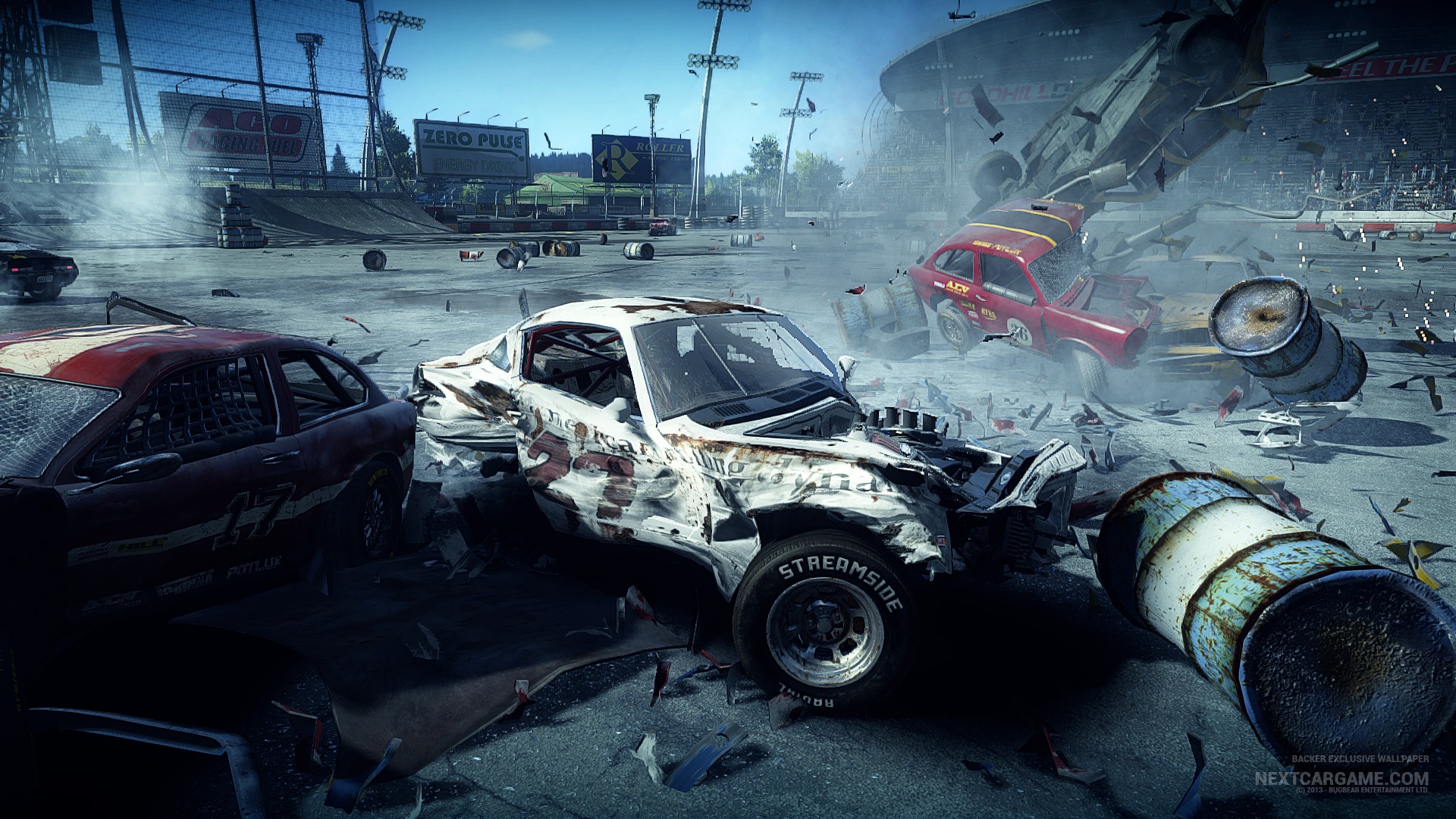FlatOut is one the few games I have more or less completed and probably the only racing game. The nitpickers out there will probably want to know how I fared in the silly sideshow mingames that involved throwing a ragdoll test dummy out of the window and onto a dartboard and the like. And did I get first place in every race? Yeah, no I got to the final race and won. And then I had had my fill. Game completed. So there.
Month: March 2014
-
Daily Distraction: TrademarkVille
Trademarkville hijacked my morning. The plot is simple: Words are getting trademarked as soon as they are used. Therefore new words are constantly needed. Your job is to either come up with a new word to replace an old one or guess what a new word means. Once a new word has been made, that word becomes instantly trademarked and so it can no longer be used by other players. If you use ‘female wizard’ as the new word for ‘witch’, neither the word ‘female’ nor the word ‘wizard’ can be used anymore
Example: The word ‘fetus’ has been trademarked. I propose ‘betababy’ as a new word. And then @donofmath comes along and guesses that I’m trying to refer to an unborn child in it’s mother’s womb without getting in trouble with the Trademark Police. I couldn’t write ‘beta baby’ as ‘baby’ had already been used once and so had been trademarked.
The whole thing is obviously a pariody of the whole Candy Crush Saga absurdity where the publisher of CCS tried to get a monopoly on using the words making up the game’s title. Or something like that. The internet doesn’t tend to preserve the nuances of IP law debates very well.
What it is from a player point of view is a fun and silly challenge to be creative in your choice of words. Throw your vocabulary about in search of good, crossword-style synonyms (‘slapstick PA’ for jester? ‘nongreen cucumber’ for banana?) or just mash words together in outrageous punnery (‘man-inna-can’ for knight and ‘femagician’ for witch are pretty neat, no?)
You can get rewarded by other players for particularly good new words but mostly you’ll just be challenging yourself to come up with something at once precise and witty. Which can only be a good thing.
-
Emergent storytelling
You know the vague foreboding that that brilliant thought (ok, Descartes-wannabe, let’s not kid ourselves, more like bad pun or meme-in-the-making) you just had is already somewhere out there on the internet. Similarly, you know the sense when people tell you that what you’re going on about as if though you were the first to think of it has a name and people have been working on it for decades.
No, what games are good at is suggesting stories. The thing that games have above all other media is interaction, which is to say that games have systems. Systems that dictate the rules of a fictional world. Systems that allow the audience to prod the world and feel it push back. Systems are what make games into games, rather than movies with joypads.
Systems vs. Stories, Dan Whitehead, EuroGamer, 22 June 2013
It’s called emergent storytelling and I’ve been thinking about it ever since obsessively playing the original Crusader Kings back in the mid 2000s.

